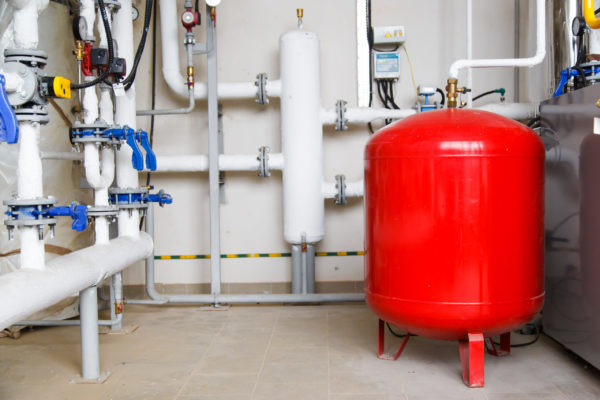
As winter approaches and cold temperatures settle into our area, you will want to keep your home nice and warm. A boiler can do a great job of heating your home, but it needs some basic maintenance in order to operate at its peak performance. Having your boiler system bled is an essential task if you’d like to get the most out of your appliance this winter.
What Does Bleeding a Boiler Mean?
To bleed a boiler means to release air from it. Air can interfere with a heating system. This interference might lead to low efficiency and other costly problems if the issue is severe. When too many air bubbles are present within the boiler system, internal damage is likely.
Signs That a Boiler Should Be Bled
When there is too much air in your boiler, you may hear knocking or bubbling noises coming from the system while it is running. You may also notice cold spots on radiators and high electricity bills. Bleeding is required periodically because air can naturally get into the system through the circulator pump and through the water itself. Air can also get in through a leak, crack, or poor connection. You might need to have your boiler bled annually or even more often, depending on the situation.
Professional Assistance
If you live in the Rochester, MN region and would like a hand with bleeding your boiler, we’re here to help at Unitedly Service Group. We can handle this task so that your boiler system can run more efficiently throughout Minnesota’s cold winter months. We’ve been serving our community since 2006, and we’re proud to be a locally owned and operated business. In addition to working with boilers, we offer installation, repairs, and maintenance services for other types of heaters and air conditioners as well as indoor air quality equipment. We have maintenance plans available to our customers, and in case of the need for an emergency repair, our services are available 24/7. Contact us at Unitedly Service Group today for more information!
